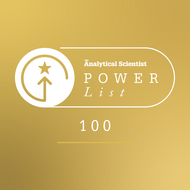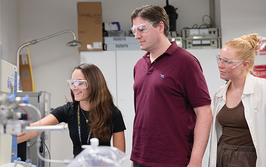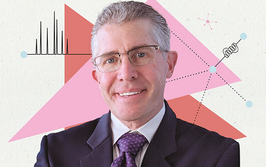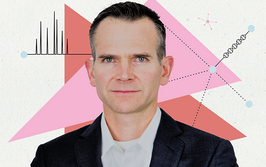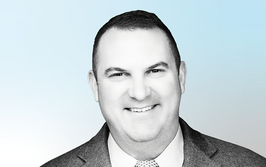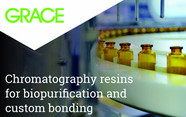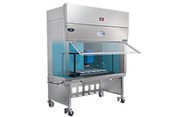Robert (Bob) Kennedy
The Power List 2015
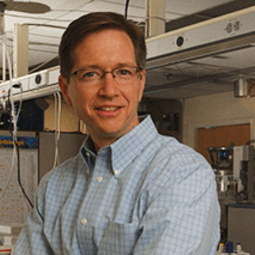
Robert (Bob) Kennedy
Hobart H. Willard Distinguished University Professor of Chemistry, Chair of Chemistry, College of LS&A; Professor of Pharmacology, Medical School, University of Michigan, USA.
Most important lesson The most important product of my research is not my papers or patents but trained people who can go off and achieve what they want to achieve.
Another practical lesson is that there is no such thing as an “easy” starter project. I used to think that it was good to have people start on projects that eased them into doing research, but actually those took just as long as the more ambitious sounding projects. So now we just start on what we really want to do.
Encounters with serendipity I find that undirected scientific reading is really helpful for generating new ideas. I remember running across a little paragraph in C&EN about aptamers many years ago. That really intrigued me because we had been interested in affinity assays but had been having trouble with antibodies. Aptamers helped solve the problem and produced a nice line of research for us for a while. I would have never thought of this without reading outside my discipline.
Another time, I had a chance encounter with Rustem Ismagilov who was working on segmented flow. I had been interested in the topic but had not yet really made a push to try it; he inspired me to do so.
Funniest moment I'm not sure it is funny, but I was stunned at how quickly I got pushed out of the lab by the quality of my own student’s work. I specifically remember showing Lan Huang, one of my first students, how to use an electrode we had developed to measure insulin secretion from single cells. I managed to get a few puny signals from the cells. Lan worked on it over the weekend and on Monday morning she said something like, “I don't think I'm doing this right. Here is what I got.” And of course she had beautiful signals. They were so much better than mine that she thought she was doing something wrong. That was it for me in the lab.
Of course, we’ve had many funny things happen in the lab and at conferences over the years. One amusing “Spinal Tap” moment happened when my student Zech designed a light-tight box to cover a laser induced fluorescence detector he built. He sent the order to our shop but apparently they didn’t get the message that it was drawn 1:10 scale. We received a perfect miniature box, complete with little hinges and latches. The craftsmanship was excellent – if only it had been the right size. I'm not sure how they thought this would hold a complete LIF detector...
Eye on the horizon We are seeing more and more contributions to chemical analysis from people outside the field, like engineers, biologists, and other chemical specialists. In that sense, the field is growing to be more diverse in terms of contributors. Geographically we are seeing more and more great work coming from China. There is a great passion and appreciation for analytical chemistry in China, which is great to see. For separations, where I do a lot of work, there is less academic work happening in the US but still very strong communities in Europe and Asia. I think that chromatography continues to be very important in industry; so it will perhaps create a tension in the US of how to produce the experts in this area who are needed for commercial development and application of chromatography and related separations.
More broadly, I see a need for better systems for analyzing highly complex samples. While “-omics” terms get used a lot, we are not all that close to being able to quantitatively measure all the metabolites or proteins (including isoforms) in complex samples. Though some assays are portable and cheap, we have a long way to go to be able to easily develop assays that can be used for point of care and resource limited situations that are truly cheap and reliable. I think that we have just scratched the surface of what can be done at the single cell level and this will continue to be a big trend. I think that the brain initiative will inspire a lot of interesting work aimed at chemical measurements in living complex systems.
We Sit Down With Bob Kennedy here
